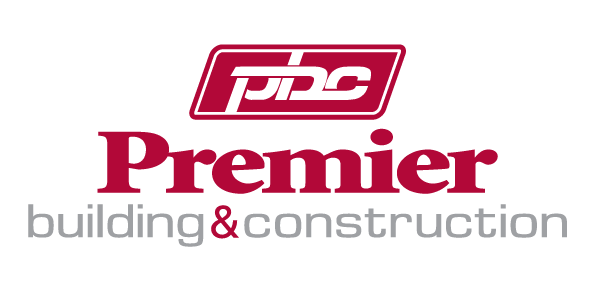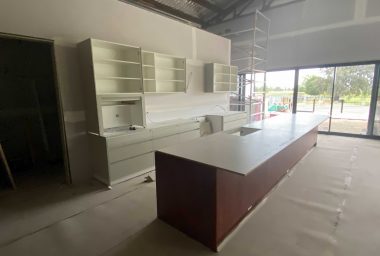The role of a Project Manager is important to Project Success – not just for the builder but the client and superintendent. There is much to learn to become a great Project Manager through skill, knowledge and experience.
A Project Managers list seems to be never ending, but here are some tips to success.
At PBC our PM’s seek to nurture client relationships, maximise profit and enhance PBC’s reputation as a quality team that is focused on keeping the end goal in mind. A good Project Manager will set the overall tone for a project and clearly communicate the vision for the team’s deliverables. They will lead and manage team members such as Site Managers and Contract Administrators. Internally the Project Manager will support and nurture team members by providing training where required to ensure professional and personal growth within the organisation.
Remember that as a PM you’re there to lead, which means encouraging, challenging and inspiring the members of your team.
Right from the start of each new project the PM needs to have a clear and detailed understanding of the scope of each project, the deliverables to be produced and the timeframes to be met. The goals of a PM should be to finish on time, complete under budget, meet client expectations, and to keep customers and project teams happy.
A great PM will recognise and take action towards risks and opportunities as they arise; or even better, be able to forecast them and have actions ready before they happen. A great PM will understand and be able to manage the triple constraints of Project Management (time, scope, cost & quality). Communication remains always key. Everyone needs to know exactly what must be done and by when.
Summary
The greatest lesson to take away from this is that you need to communicate! It's your number one job. Work out upfront how you're going to communicate clearly both to the client and with your team and stick to the plan. It’s important to communicate news and make changes as soon as it’s known – yes even the bad news.
At the end take the time to identify lessons learned, as these will be invaluable to your next project - what worked, what didn’t and why. If you want to learn more about life as a project manager or other construction industry related tips and tricks check out our other blogs!



